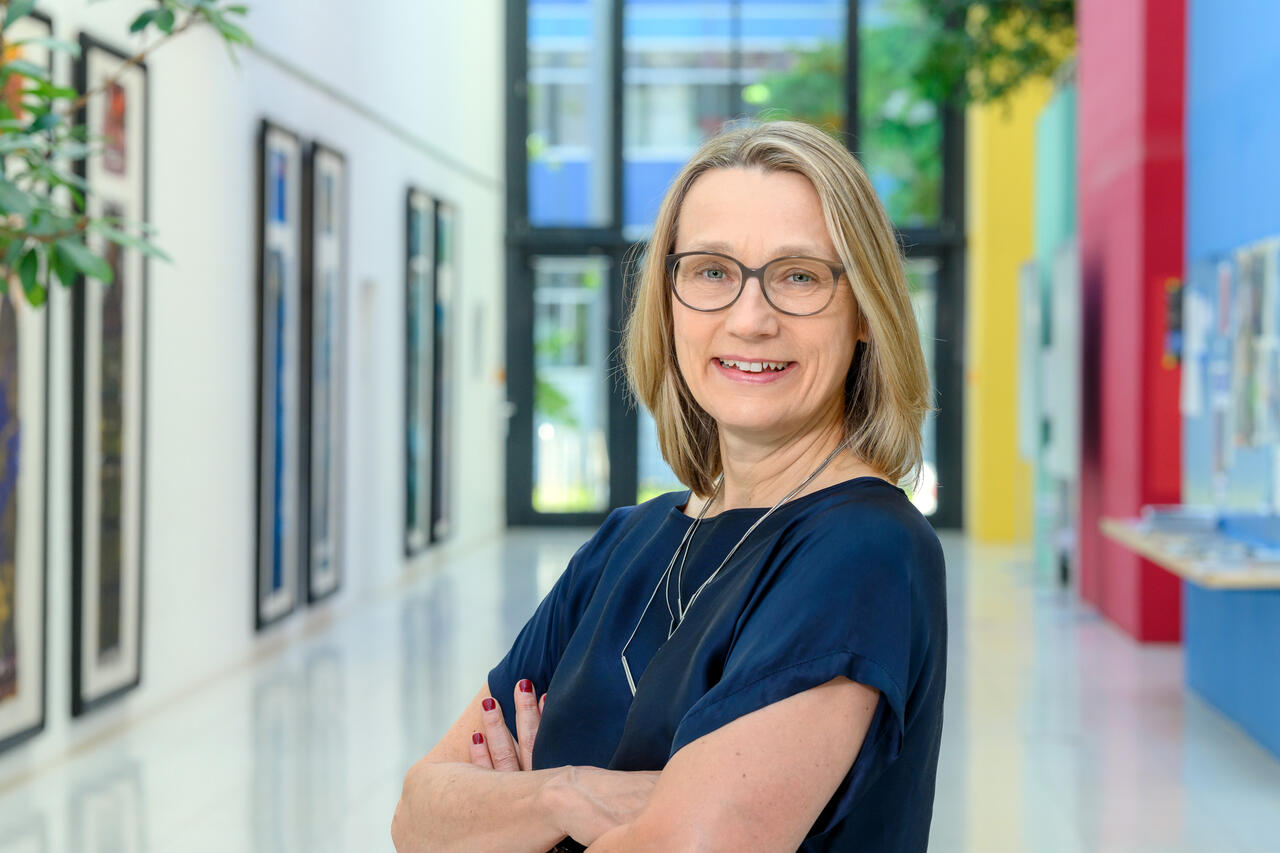
News
From California to Berlin: Maike Sander
03.12.2022 / On November 1, 2022, Professor Maike Sander took over as Scientific Director of the Max Delbrück Center. The diabetes researcher succeeds Professor Thomas Sommer, who had directed the Center on an interim basis since 2019.

In 1991, Maike Sander had just started her medical dissertation in Heidelberg when a research exchange took her to San Francisco. She had planned on staying four months, but that turned into almost 30 years – first working at the University of California (UC), San Francisco, and then at UC Irvine before moving to UC San Diego in 2008. “My time in the US made me realize two things: I love science, and I love collaborating with bright minds from all over the world to solve problems. Especially in an environment that does not focus on hierarchy,” she says. The open atmosphere there inspired her.
Sander is best known for her pioneering research into diabetes, particularly her work on insulin-producing beta cells. Beta cells reside in the islets of Langerhans in the pancreas, where they play a central role in regulating blood glucose levels. In type 1 diabetes, the immune system destroys the beta cells, whereas in type 2 diabetes, the beta cells lose their function, causing insulin deficiency.
A focus on beta cells
Sander’s team combines techniques from genetics, genomics, stem cell research, and biotechnology to shed new light on how beta cells develop, on what molecular mechanisms lead to diabetes, and on how to correct malfunctions in these vital cells. They are using human pluripotent stem cells to produce pancreatic islet organoids, which mimic the natural microenvironment of beta cells in a petri dish. This enables the scientists to study the cells in great detail. Regenerating beta cells or replacing them with the help of human pluripotent stem cells could be a promising therapeutic approach for both types of diabetes in the future.
“How to best transplant stem cell-derived beta cells into people and shield the cells from immune rejection is still an unresolved issue,” Sander said when the European Association for the Study of Diabetes (EASD) recently awarded her the Albert Renold Prize for her research. “Finding solutions to these questions will require a concerted effort from academia and industry.” That is common practice at UC San Diego’s Pediatric Diabetes Research Center, where she served as director. She brings this collaborative ethos with her to her new post: “One of my goals is to lower the hurdles for bench-to-bedside research. I believe Berlin has tremendous potential in this regard, and I want to work with our partners to make the most of these opportunities.”
“The Max Delbrück Center is highly regarded worldwide,” says Sander. “The Center has always been innovative. It dares to be different and this has enabled it earn a name for itself. During my sabbatical six years ago, I experienced the burning passion for science, the relentless pursuit of excellence, and the incredible energy that exists here, and I’m thrilled to now become part of this community.”
She adds that the conditions for research and innovation are exceptional at the Center – whether it’s the scientific facilities and resources, the focus on disease mechanisms that span multiple organs, or the international character. In addition, she believes that the environment is right for translational research in Berlin, due to strong partners like Charité – Universitätsmedizin Berlin, the Berlin Institute of Health at Charité, and the Leibniz-Forschungsinstitut für Molekulare Pharmakologie (FMP), but also due to an emerging biotech industry. “We have a chance to shape the medicine of tomorrow,” she says, “with the Max Delbrück Center serving as the research engine.”
Source: Press Release Max Delbrück Center
From California to Berlin: Maike Sander